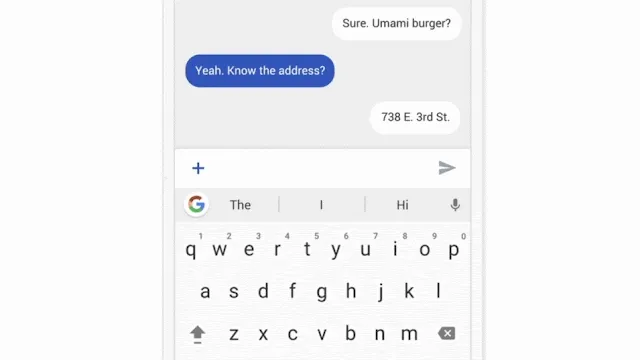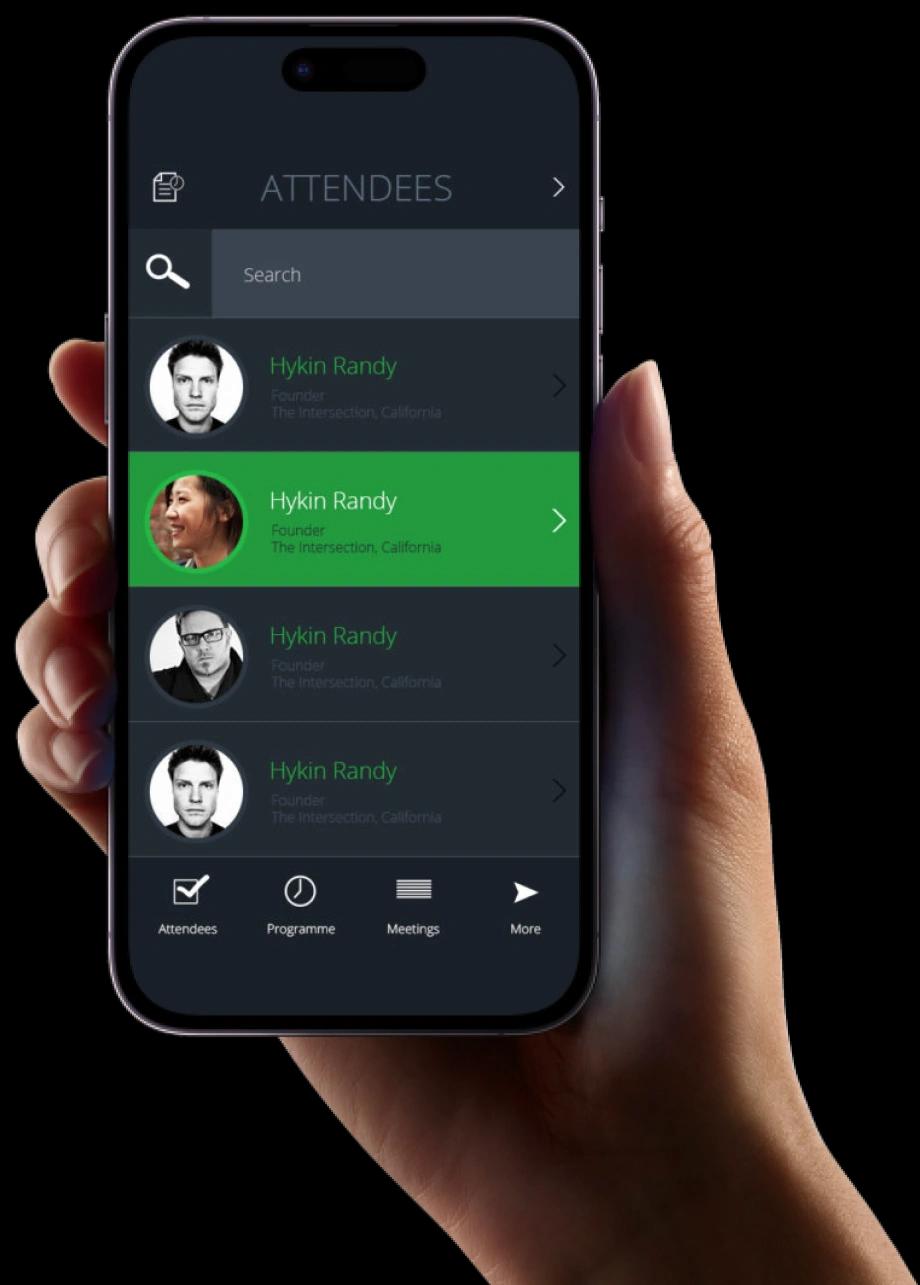Exaud Blog
Blog

Google I/O 2019 – Android Highlights
Google I/O 2019 happened a few days ago and today I bring you the latest news! Check the main highlights from the Android world! Posted onby ExaudAs usual, every year, Google unveils on I/O the big updates to its software and hardware lines. Targeting the mid-range smartphone market, two new Pixel devices are now available, a new voice and gesture controlled home hub. On the software side, the spotlight was on AI with plenty of improvements on Android and numerous advances of Accessibility features.
Regarding Android the main highlights are described below:
Android Q beta 3
Beta 3 rolled out on the 1st day of Google I/O and is available on 21
devices from various manufacturers. Google is adding a new feature to
digital wellbeing called Focus Mode that lets you select particular apps
that you want to avoid using during for a period of time. It only disables
the ones you don’t want to use. Families will also be able to link accounts
between parents and kids so they can have more control over how their kids
are using the devices.
Smart Reply will also be available to third-party messaging apps. It can also offer suggested actions such as opening Google Maps when it sees a message about commutes or address
Android Q now offers Dark Theme for every app.
Project Mainline
Starting with Android Q, Google will begin releasing software updates directly through the Play Store instead of relying on phone manufacturers or carriers. Google says the new system of updates will be offered in “modules” that help tackle specific parts of a device.
Kotlin
In 2017, Google announced that Kotlin was a prime language for Android, but Java still was the favorite one. If someone had doubts about Kotlin rise on Android development, they are vanished by now. The platform will become increasingly Kotlin-first as most of the new features will be available for Kotlin in the first place.
So, if you’re starting an android project, you should strongly consider writing it in Kotlin.
Artificial intelligence and machine learning
Google showcased its AR and ML-based application and how they can contribute to a better user experience. With federated learning, mobile phones can collaboratively learn and share predictions models without sending training data to the cloud. This distributed approach ensures user privacy and produces smarter models.

A lot more exciting features were unveiled at IO, like live captions, live relay, AR and incognito mode on google maps.
Hope you found this article useful and keep an eye on our blog. In my next article, I will focus on Android development tools & architecture components. Stay tuned!
Related Posts
Subscribe for Authentic Insights & Updates
We're not here to fill your inbox with generic tech news. Our newsletter delivers genuine insights from our team, along with the latest company updates.